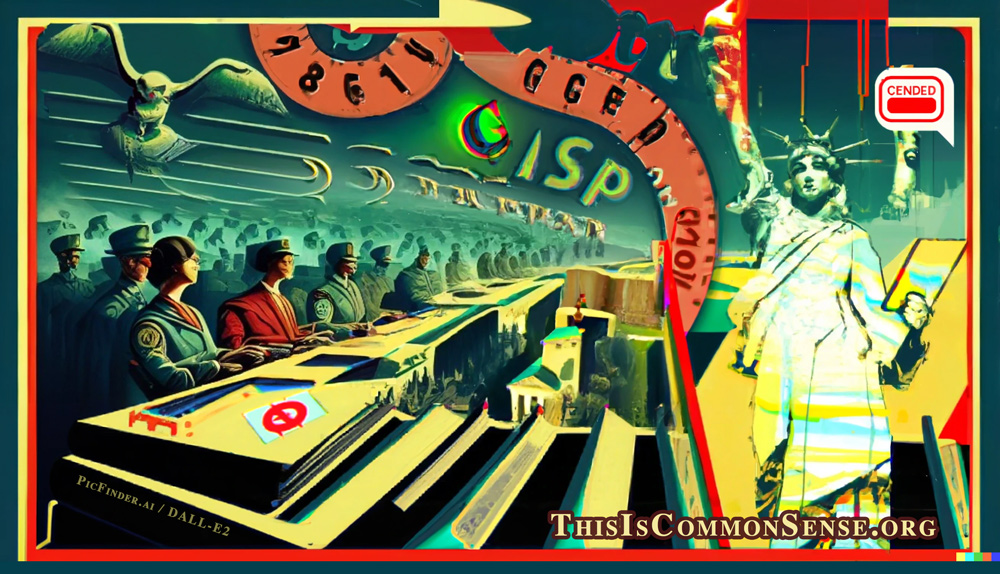Things haven’t been going well for freedom of expression on campus.
Institutions of higher learning where foes of free speech flourish include purported bastions of intellectual discourse like Harvard University. In 2022, Harvard ranked 170th out of 203 schools with respect to free speech on campus in an assessment by the Foundation for Individual Rights and Expression (FIRE).
According to a 2023 College Pulse survey, 26 percent of Harvard students say it’s sometimes okay to use violence to stop speech on campus. Only 27 percent say it’s always wrong to shout down a speaker.
“Many, many people are being threatened with — and actually put through — disciplinary processes for their exercise of free speech and academic freedom,” says Janet Halley, of Harvard Law School. “Many people think that they’re entitled not to be offended.”
Jeffrey Flier, medical school professor, says free speech has been in decline at Harvard at least since 2007.
Halley, Flier, and more than 100 other Harvard faculty members have newly formed the Council on Academic Freedom.
Flier says it’s been too hard for professors to simply “[put] their head above the parapet [and say] ‘I think this is wrong.’ There hasn’t been any network of people from across the spectrum that could be able to do this. But that’s what we now have in the council.”
The Council seems to be off to a good start. Now let us see how many of the rest of the school’s 2,400 or so faculty members join up.
This is Common Sense. I’m Paul Jacob.

Illustration created with PicFinder.ai
See all recent commentary
(simplified and organized)
See recent popular posts

3 replies on “Freedom vs. Force at Harvard”
A confluence of interests have shifted most institutions of purportedly higher learning significantly leftward, with many becoming utterly illiberal.
Part of the problem is that those members of the administrative class who are involved in the operations of these institutions increase their material wealth and other social power by promoting administration of things that were once spontaneous. (One of the best possible moves by legislatures would be to assemble statistics on administrative costs in, say, 1975, and then give educational institutions a five-year deadline to reduce administrative funding to within a standard deviation of those levels, adjusted for price-inflation. Institutions that did not meet that target would not receive direct funding from the state; students attending those institutions would be ineligible for state-provided grants and for state-guaranteed loans.)
But members of the political left, who were shocked to find themselves actually losing the open debates on the social order from the mid-’70s onward have engaged in a termite conspiracy to put an end to open debate.
The following generalities seem to apply to nearly every area of conflict, philosophy, or endeavor. They were representative during World War One and Two, during the uncivil Civil War, Vietnam, most major elections, religion, abortion, and on and on.
In any group, about a third will be for personal freedom, individual responsibility, and accountability. That third believes people are inherently good and will self-correct if there are consequences for their actions.
A third will be for control and subjugation. That third believes people are inherently corrupt and need to be ruled. They always envisage a long term result of themselves doing the ruling.
The last third wonders what’s for dinner and what game is on tonight and believes that if they only focus on their own, that the politics will leave them alone. They are always wrong.
They need to sell their cloak and get a sword. Else being crucified won’t be a choice.